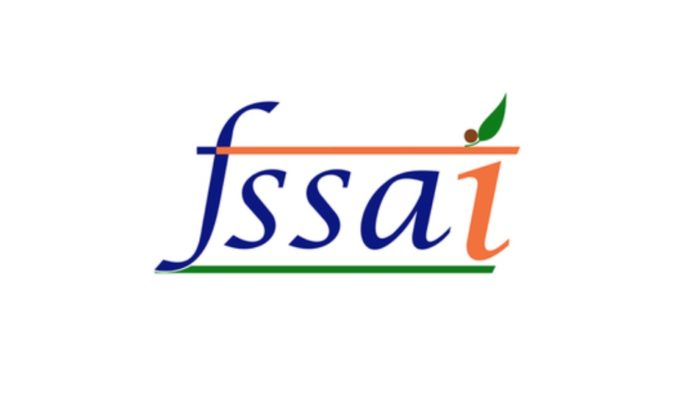The FSSAI called the Food Safety and Standards Authority of India is an independent organisation under the Health & Family Welfare Ministry of the Indian Government. Its primary role is to ensure compliance with the Food Safety and Standards Act, 2006 which includes protecting public health by providing good quality food, issue of license to food manufacturers, accreditation of food testing laboratories, etc.
FSSAI mandates standards based on science for food items, and engages in regulating the food industry on a macro level to ensure safety within food processing industries, prevent adulteration and avoid food hazards, among other things. FSSAI regulations need the producer’s compliance and the importer’s compliance if the food comes from another country.
Compliance required
The FSSAI has developed various standards and parameters to be followed by food industries in the production and processing of food items based industry-wise, a few of which include –
- Dairy and dairy-related products
- Fruits and vegetable products
- Cereal and cereal products
- Meat and meat products
- Fish and fish products
- Salt, spices, condiments, and related products
- and Beverages etc.
Businesses are required to ensure compliance with these standards. More specifically, the standards require the food analysis to be conducted, with retention of samples for one month (except perishable items) and record preservation for at least three years.
The quality analysis is either outsourced from accredited food laboratories or done within the house quality standards division. Registration under FSSAI is compulsorily required to be displayed both at the premises of the factory and on packages of the food items. Further FSSAI also stipulates the nutritional and other details necessary to be mandatorily disclosed on boxes of food items.
FSSAI also can conduct audits in food industries through designated food inspectors across the country who checks the compliance with standards set.
Types of Food laboratories
The food laboratories in India are mainly categorized into three types viz. Level – 1, Level – 2, and Referral food laboratories.
Level 1 laboratory conducts necessary food analysis for 18 categories of notifications in the food code such as physical analysis, chemical analysis, microbiology, essential nutrients, and sensory tests, etc.
Level 2 laboratory conducts all tests performed by a Level 1 laboratory and checks for contaminants, toxic substances, pesticides, molecular (genetic) analysis, etc.
Referral laboratory is where all food and all analysis as per Level 1 and Level 2 laboratories happens. However, they are required to have Research & Development capabilities apart from maintaining high standards of accuracy.
Valuable Food laboratory features and practices
- Adequate human resources in the form of supervisors, technical analysts, and support staff.
- Laboratory layout maximizing efficacy and envisaging a life of at least ten years.
- Availability of sophisticated equipment, periodic calibrations, and preventive maintenance.
- Adherence to safety measures in terms of chemical storage, cleanliness, fire management system.
- Competent, knowledgeable, and resourceful personnel coupled with periodic training and in-house quality assurance programs.
- Maintenance of records in an orderly manner regarding sample collection, food testing, sample disposal, report retention.
Advantages of using an accredited laboratory
- Compliance risk management
Businesses today run the risk of non-compliance and substantial penalties and fines from different kinds of regulations, which can be confusing. Outsourcing the testing and analysis of food produced to an accredited laboratory can help businesses navigate the risk with ease and assurance as to compliance.
- Expert opinion
Accredited laboratories have the best talent to analyze food at the highest quality standards. Certifications like BIS, ISO, and NABL vouch for the lab’s expertise in the area of food testing.
- Ease of compliance
By outsourcing the food analysis to accredited laboratories, businesses, primarily MSME’s & SME’s can ensure easy compliance with the law. An in-house quality lab would otherwise increase capital expenditures on the part of the companies that may be already cash-strapped.
- Consumer confidence
Finally, a sign of approval that the food is safe after testing at an accredited laboratory is a significant booster to the consumer confidence in the food products made available to them for consumption.
- Global benchmarking
The accreditation process for food testing laboratories are stringent and on par with global best practices benchmarking the safe food production and consumption
- Hassle-free food imports
Since importers are also required to ensure compliance with food safety standards irrespective of country of origin, accredited laboratories are a boon to them.








